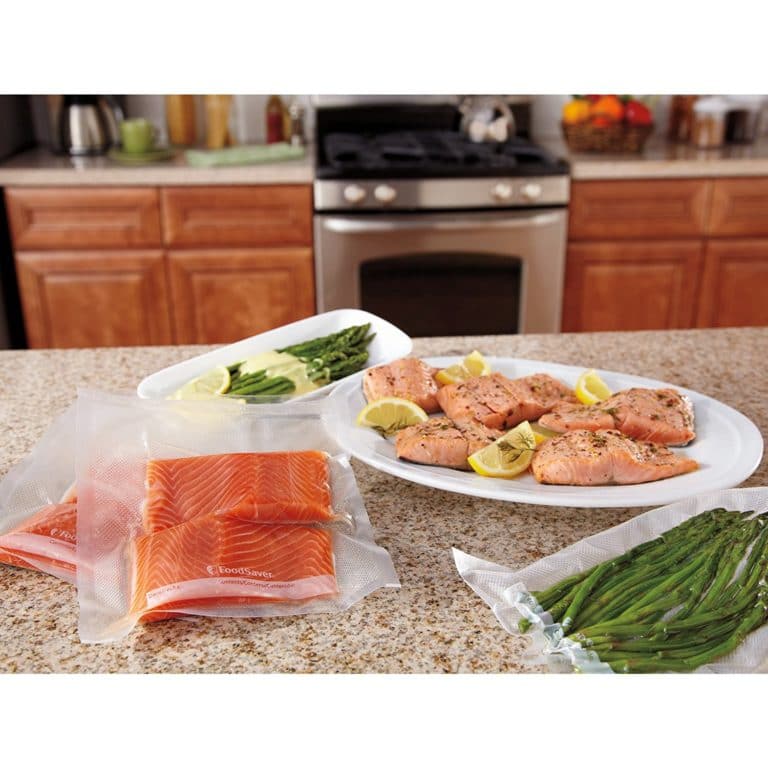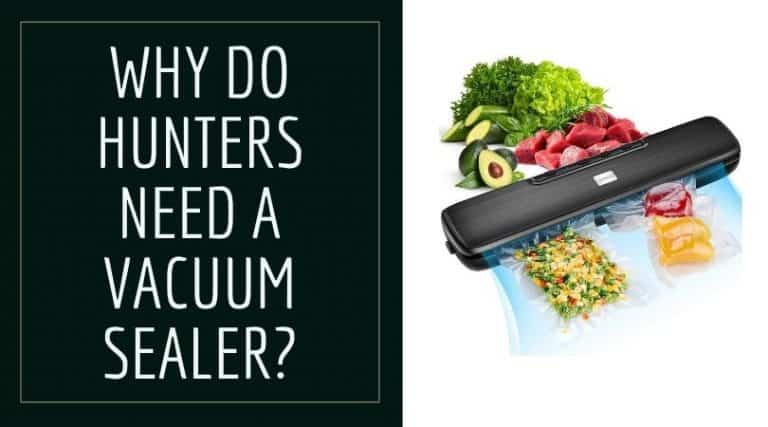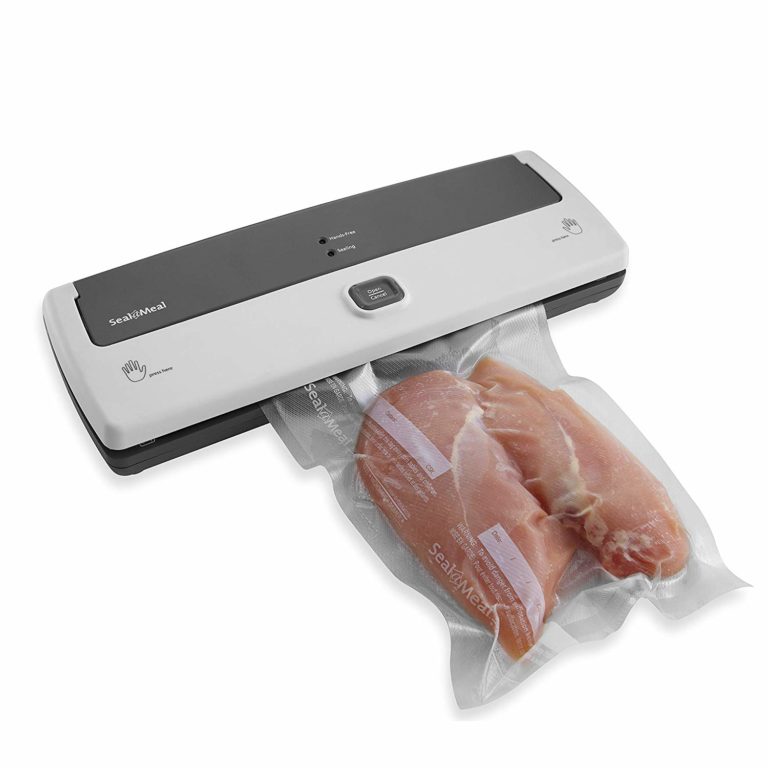Can You Vacuum Seal Olives? (Explained)
Vacuum sealing olives is a great way to keep them fresh and extend their shelf life. Olives are best stored in a vacuum-sealed environment, either refrigerated or at room temperature.
Vacuum-sealing olives will prevent them from oxidizing and going bad. There are many ways to vacuum seal olives, but the most important thing is to make sure that there is no air in the container.
You can use a special vacuum sealer machine, or you can improvise with what you have at home (like a Mason jar).
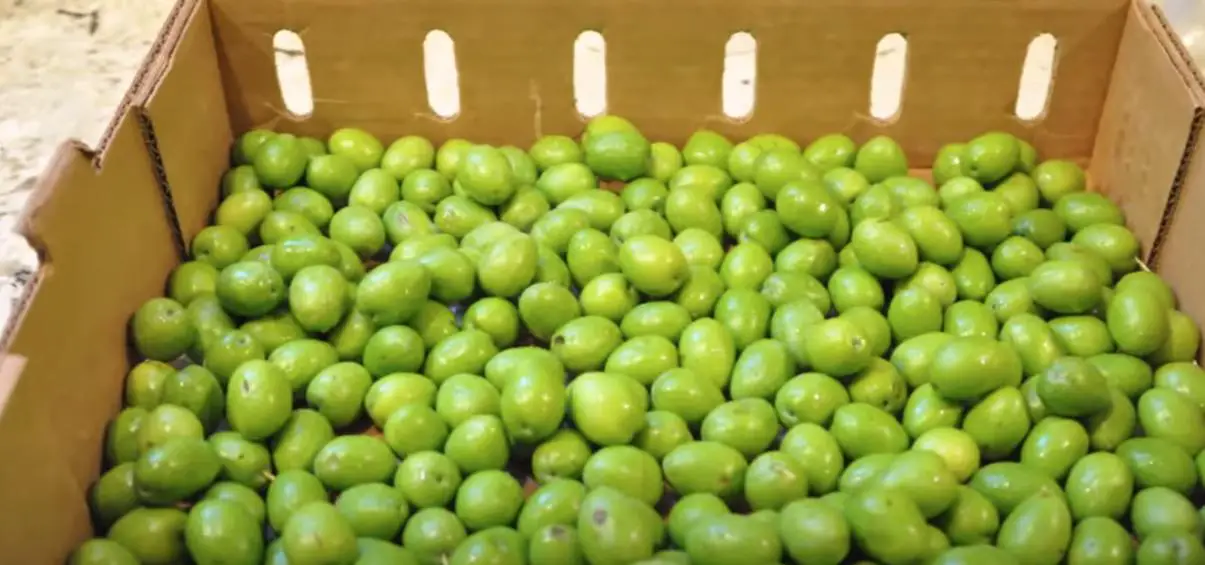
How do you vacuum seal olives?
Vacuum sealing is a great way to keep olives fresh for a longer period of time. In order to vacuum seal olives, you will need a vacuum sealer and some type of container or bag to put the olives in.
Olives can be kept fresh for up to two weeks when they are vacuum sealed. Vacuum sealing is also a great way to keep olive oil from going bad.
What are the benefits of vacuum-sealing olives?
Vacuum sealing olives has several benefits that make it a popular choice for olive oil producers.
Not only does it protect the olives from dehydration, bacteria growth, and external elements, but vacuum-sealed olive oil pouches also have a much longer shelf life. This means that producers can sell their product for a longer period of time without having to worry about the olives going bad.
Additionally, vacuum sealing allows producers to control the amount of oxygen that gets to the olives, which can help preserve the flavor of the olive oil.
How long do vacuum sealed olives last?
When it comes to vacuum sealing, olives are a unique case. If you have vacuum sealed olives that are unopened, they can last for 1-2 years without any issues.
However, once you open them and store them in oil, their shelf life drops to 2-3 months. This is due to the fact that oxygen is able to enter the olive and start the deterioration process once it is exposed to air.
Keep this in mind if you plan on storing your olives in oil for an extended period of time – vacuum sealing them first will help them last much longer.
Are there any drawbacks to vacuum sealing olives?
Vacuum sealing olives is a great way to extend their freshness, but there are a few potential drawbacks to consider.
For example, if the olives are not stored properly, they can develop mold or bacteria.
Additionally, vacuum sealed olives may not be as crisp and flavorful as those that are not sealed.
Where is the best place to store vacuum sealed olives?
If you’re like most people, you probably have a few cans of olives in your pantry. But did you know that vacuum sealing them can prolong their shelf life?
Vacuum sealed olives will last longer than those stored in a regular can because they are not exposed to air. This means that they won’t oxidize as quickly and will stay fresh for longer.
The best place to store vacuum sealed olives is in a cool, dark place such as the refrigerator. This will help to keep them from going bad too quickly.
What happens if you open a jar of vacuum sealed olives early?
If you’ve ever purchased olives in a vacuum-sealed jar, you may have noticed that they often last much longer than olives that are not vacuum-sealed. This is because the vacuum seal prevents oxygen from entering the jar and spoiling the olives. However, what happens if you open a jar of vacuum-sealed olives early?
Commercially produced olives in a vacuum-sealed jar are fine to eat even if you open the jar early. You may hear a pop when opening the jar due to the vacuum seal.
The only thing that you need to be aware of is that once the jar is opened, it will no longer be airtight and oxygen can begin to spoil the olives.
Therefore, it’s best to consume all of the olives soon after opening the jar rather than saving them for later.
Can you reuse a jar of vacuum sealed olives?
If you’re like most people, you probably have a few jars of vacuum sealed olives in your pantry. But what do you do with them once they’re opened? Can you reuse the jar and reseal the olives, or are they best used immediately?
Here’s what you need to know about reusing vacuum sealed olives. First, as long as the jar and its contents are still in good condition, there’s no reason why you can’t reseal the olives and store them for future use. However, it’s important to make sure that the jar is clean and dry before sealing it again; otherwise, bacteria could grow and contaminate the olives.
To be on the safe side, it’s also a good idea to check the expiration date on the jar before resealing it. If it’s been more than a year since the olives were first packed, it’s probably best to discard them rather than risk eating spoiled food.
So there you have it: if properly stored, vacuum sealed olives can be reused multiple times.
Is it better to buy whole or pitted Olives for storage purposes?
If you’re looking to store olives for an extended period of time, it’s better to buy whole olives rather than pitted ones.
Whole olives will last longer in storage thanks to their protective pit, which helps keep them from going bad as quickly.
Vacuum sealing is also a good way to prolong the shelf life of your olives (or any other food item), so if you’re planning on storing them for more than a few weeks, that’s something to consider as well.
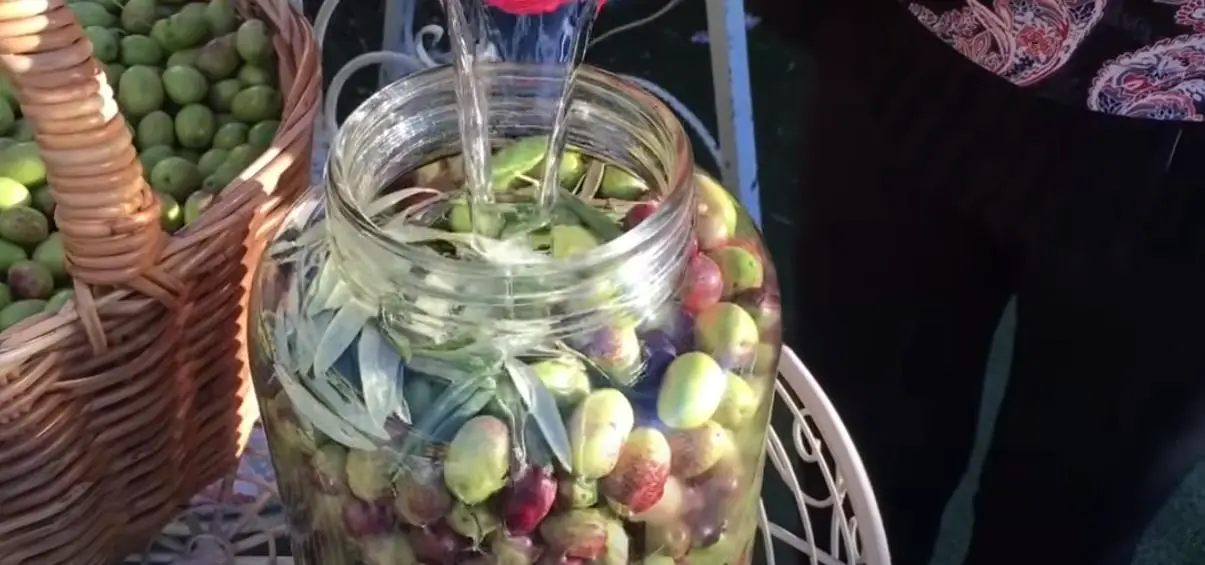
Final Verdict
Yes, you can vacuum seal olives. Vacuum sealing helps to retain freshness, crispness, and nutrients. This is a great way to store olives for future use.
